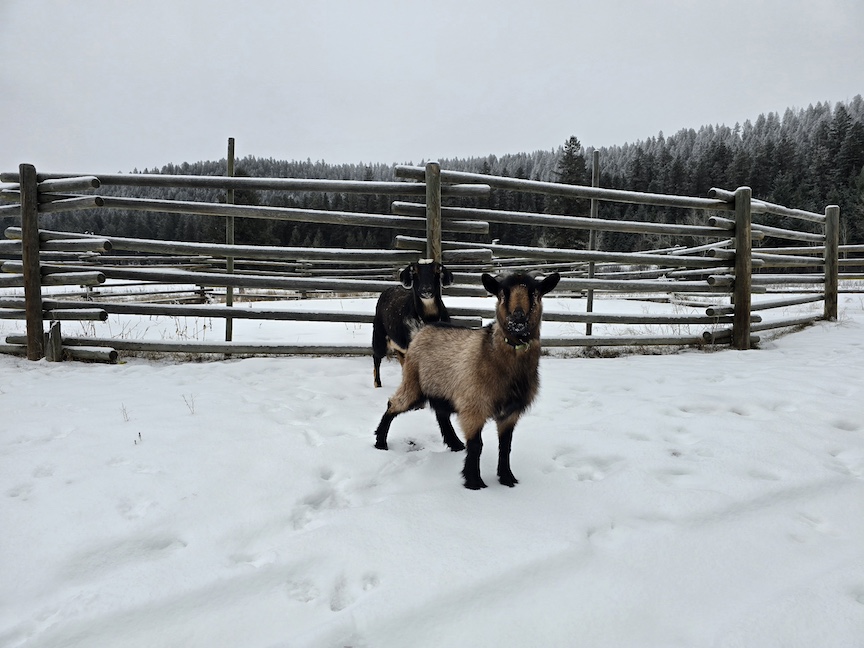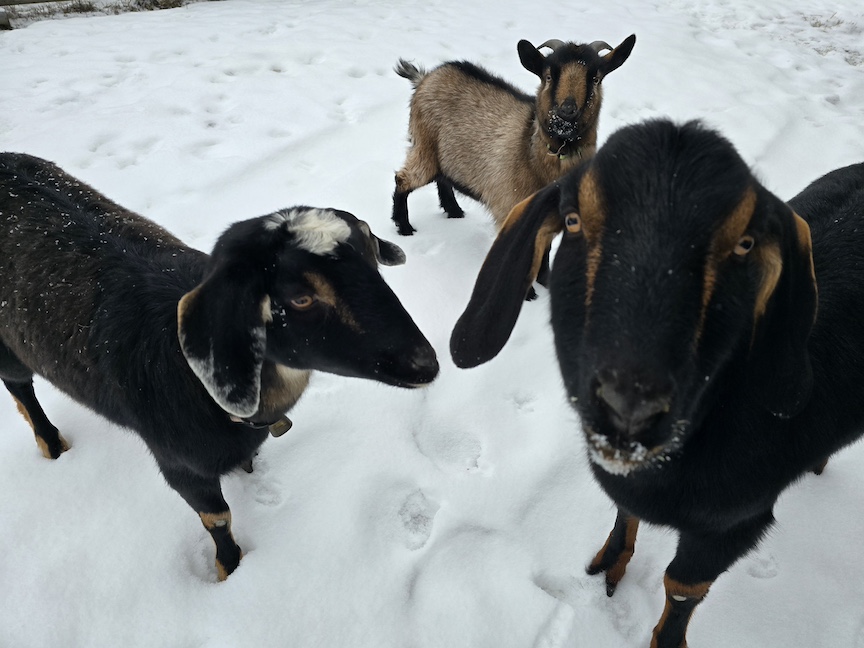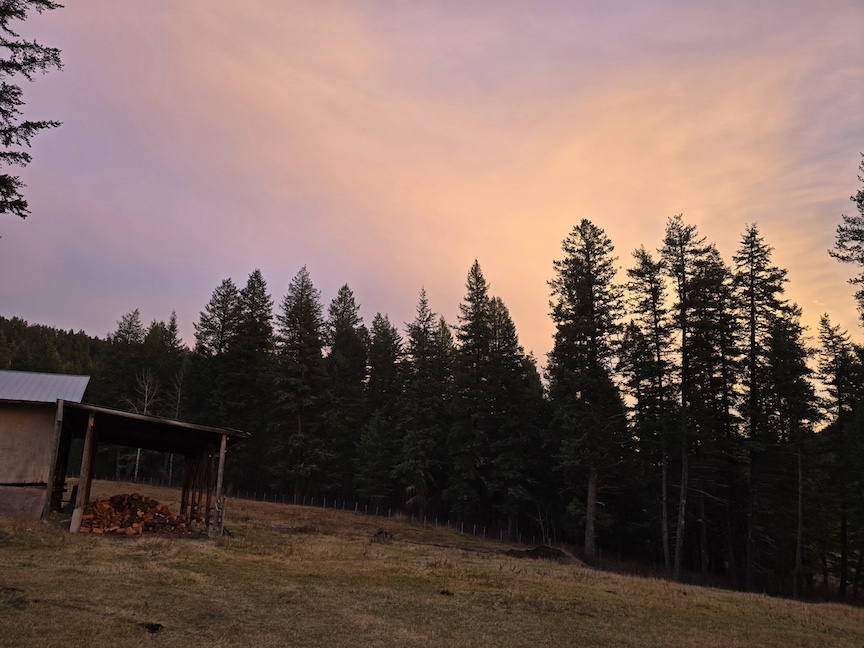Starring: Kevin Costner, Sienna Miller, Sam Worthington, Jamie Campbell Bower, Jena Malone, Danny Huston, Michael Rooker, Abbey Lee, Luke Wilson
Director: Kevin Costner
Released: 2024
Mood: If you don’t have AC at home and want to spend three hours snacking in a cool dark movie theatre while you try to understand what’s happening on the screen.
Kevin Costner is happy with how Horizon: An American Saga – Chapter 1 turned out, and that’s all that really matters.
KIDDING! This review is as long as Horizon is wide.
Critics have mostly panned Horizon: An American Saga – Chapter 1 (48% critics’ score on Rotten Tomatoes, 48% on Metacritic). Variety’s review went so far as to say that when a man dropped a bucket of popcorn in the theatre, bent to pick it up, farted, and then fled, “If only Horizon matched that level of compact storytelling and wit, featuring a memorable character facing challenging odds.”
Critical reception and box office earnings have been so poor that the August 16th release of Horizon: An American Saga – Chapter 2 has been delayed indefinitely.
A niche group of audience members seem to have felt something those harsh critics didn’t, with above-average ratings on IMDb (7.1/10) and Rotten Tomatoes (71% Audience Score).
I’m somewhere in the middle of the critics and the Western (and Costner) fans. Horizon didn’t live up to my high expectations for this cast and budget. BUT I don’t regret numbing my butt in that seat for three hours to see it. I’m still hopeful that when it gets where it’s going, it will be worth it.

Horizon: An American Saga – Chapter 1 begins in the middle of the American Civil War, with two clusters of characters located in Arizona and Wyoming. There’s a slightly yellow overtone on the Arizona scenes, and a blueish one on the Wyoming scenes. This comes in SUPER handy when you’re two hours and 50+ characters into the movie.
The driving force of the story is spirited white people heading West, following the promise of a new life advertised on a poster showing a glorious settlement called Horizon.
But ‘Horizon’ is just a marketing construct. Every attempt at building the settlement has been shut down by the Apache, whose land is being sold to all these settlers without permission.
The opening scenes immerse you in the harsh wildness of the territory, introducing characters and then killing them off like mere flies in a bug zapper. Everything is captured in gloriously rich detail, from the sweeping natural landscapes to the dead bodies, from the merry notes of a fiddle to the horrific slurping sounds of scalping.
The pacing starts off strong, with an Apache raid on the current incarnation of Horizon and a LOT of action. It’s fast. It’s dramatic. It’s exactly what you want to see on the big screen. It just doesn’t last.
You get a group of angry survivors heading out to hunt for the Apache. This group is the interesting one – all of their scenes are fraught with tension. The second group of survivors, including one predictably gorgeous new widow (Sienna Miller), rebuild with the help of Union soldiers, including one predictably handsome but romance-resistant lieutenant (Sam Worthington). Will they? Won’t they? Do you have to ask?
The Wyoming sequence of events begins with a runaway prostitute shooting a man, then his scary sons vowing to hunt her down. Fast forward to a time when even though she’s no longer in the business, and is married, AND has a son by the man she failed to kill, for some reason she now lives with a local prostitute.
The local chicky (Abbey Lee) takes a shine to a stranger in town (Kevin Costner, finally appearing an hour into the movie). She is annoying, he is unremarkable. But the bad men come a-knocking, and then she gets more annoying while he gets a lot more interesting.
And because we don’t already have enough going on, a wagon train is also headed for Horizon under the firm leadership of Luke Wilson, but having classic Western troubles including water rations, the threat of attack, two useless English twats, and two perverted thugs.
![]()
Let’s start with the pros of Horizon. There are lots of pros, despite what you may have heard!
- All of the children and teens in the opening scenes steal the show – every last one of them. From the Apache boys to the settlers’ kids, all memorable performances.
- The kid who escapes the raid by galloping across the plains on horseback and then falls in with the angry guys is a true standout, I just can’t pick his name out from the gazillion credits on IMDb.
- The first half hour or so, to the end of the Apache raid, is extremely exciting cinema. Even when you’re like, “Do we really still depict Native people as whooping and scalping blonde-haired, blue-eyed women and babies as their only storyline?”… It’s still unarguably shot well.
- Among the ‘good guys’, Danny Huston, Tatanka Means, Michael Rooker, Will Patton, Luke Wilson, and Jena Malone are all so great in their roles. All memorable and worth watching.
- Among the ‘bad guys’, the best performances are Jamie Campbell Bower and Dale Dickey.
- There are enough characters that if you don’t like someone, the scene is going to change in a few minutes anyway.
- It’s not as painfully earnest as Into the West. Not quite.
![]()
And now, the cons.
- The score makes you want to watch it on mute.
- The massive plot jumps in an already-convoluted plot cause major confusion about why characters are doing what they’re doing. The storytelling “yadda-yaddas” through scenes that would have aided character development, got us excited, and made us care.
- The plot jumps thing is so annoying that it gets two bullet points. It makes it look like the widow Kittredge gets over her noble husband WAY too fast. And why does Hugh Proctor instantly latch onto Hayes in town? How TF did he know who he was and start following him? I would rather have watched 30 min of buildup to that than anything involving Marigold.
- Costner’s character arrives way too late, and is shockingly mild when we know what Costner can do, and expect it. Same with Tatanka Means. I need more from both of them in the sequels – these are powerhouse actors. To quote Britney, GIMME MOAR.
- There are a lot of clichés, like a Native guy having a dream that is the plot of the movie, and a war-like Native guy opposing him and being depicted as problematic (even though white people coming to America and stealing land and encouraging genocide of the locals to make room for more immigrants were not the warrior’s fault, he was literally just fighting an armed invasion).
- Still on this topic, the Natives only get the slaughter storyline. You think it will balance out, because at the start they do have some balanced screentime with the white stories. But that’s it, as far as this episode – just predictions and then war. Both sides WERE doing a lot of killing at the time, I get it. It just sucks that it comes across as uncomfortably one-sided when I’m sure it does get there in Chapter 2. It’s going to put off a lot of people we could potentially convert to loving Westerns, with its focus on the Native-on-white violence.
- The soldier’s frequent use of “Indigenous” in his dialogue is super inauthentic for the time and trying too hard.
- The end is 10 straight minutes of flashes to the future, which I initially thought were teasers for the next episode, but as it keeps going and going you realize they’re just showing you everything they’re going to skip over even faster than the jumps in this chapter.
- Like, actors who are only in those end flashes for a split second get credited in Chapter 1. I legit hope that I’m wrong and at least some of those scenes do play out in Chapter 2. If it truly was just a fast-forward that yadda-yadda’d the widow and soldier making out, the little white girl and Native boy hanging out, and the introductions to all those new characters, I’m going to be displeased.
![]()
Despite its hefty runtime, and the fact that it’s just one part of a four-movie set, Horizon – Chapter 1 is not a well-paced Old West saga, and I think that’s the key problem most viewers have. It either needed to be created in more concise chunks (like a TV series) that gave us unbroken screentime with only one or two groups of characters to understand their motivations, OR it needed to be less ambitious. I’d prefer the former.
I easily sat through the four and a half hours of Dead Man’s Walk because it combined great pacing with enough time to become invested in the characters.
Horizon’s first instalment demands what feels like infinite patience from its audience, as it hurls into our faces character after character and subplot after subplot, without giving us enough time to breathe and enjoy this universe Costner created.
It’s also a bit too saccharine for Western fans who like the grit and realism of the true Old West, which is what it purports to capture. It’s a little more country, and modern audiences are little more rock ‘n roll. We don’t want a romanticized story, we want the director to trust us to digest the hard, honest facts and still love the overall picture. I’m not 100% in agreement with that preference, I just get that it could be contributing to the negative reviews.
I genuinely hope that the shortcomings are just the result of only being exposed to Horizon’s introductory chapter. Costner has also given us some of the genre’s best in Open Range. We know he’s a capable director, and he has such a love for Westerns.
Would I have preferred to binge an entire ‘season one’ of Horizon with more time for every single character over 10-12 episodes? Hell yes. But I will be at the theatre to see Chapter 2, whenever it comes out.


